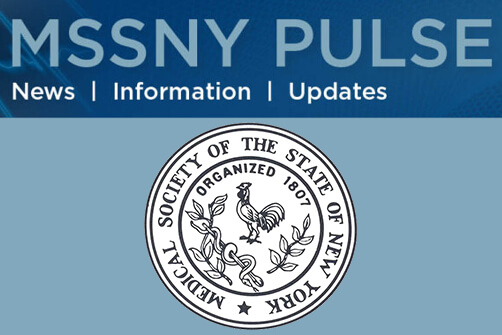
California and Oregon Push Toward Universal Healthcare
California and Oregon, in response to the federal healthcare policy gridlock, have taken significant steps toward establishing universal healthcare coverage. These states have enacted laws that mandate creating publicly financed, universal coverage systems. These reforms promise substantial cost savings and improved healthcare access for all residents. However, the success of these ambitious plans is contingent upon obtaining federal waivers and approvals, a task that could prove challenging without bipartisan support at the national level.
California’s SB 770, inspired by Governor Gavin Newsom’s campaign promises, outlines a “unified financing” system intended to merge various federal and state healthcare funds. This approach aims to eliminate distinctions among different types of coverage. Yet, specifics on how it will integrate with private insurers remain undefined, raising substantial questions about the overall structure and implementation.
Oregon’s approach under Senate Bill 1089 is more concrete. It proposes a single-payer system to replace private insurance, thus covering all residents under a comprehensive benefits plan. This would involve groundbreaking waivers for more flexible Medicaid and Medicare administration, a move that, if successful, could serve as a model for other states. The Oregon Medical Association has adopted a neutral stance.
Opposition from major health insurers and hospital systems suggests a challenging road ahead. These stakeholders argue that the assumptions underlying the financial viability of these plans are overly optimistic and could lead to increased taxpayer burdens and disruptions in care availability.
California, Oregon Eye Universal Health Coverage (Canham-Clyne, HealthcareDive, 4/23).
Share
Change Healthcare by Changing Change Healthcare Colleagues: New York City-based NYC Health + Hospitals has made the switch from Change Healthcare to Experian because of the cyberattack on the claims processing vendor. Change turned many of its IT systems offline following the Feb. 21 hack, and that left many hospitals and physician practices unable to […]
Federal Investigation into Private Equity, Consolidation in Medicine Three federal agencies are investigating the impact of private equity ownership and the broader consolidation of healthcare organizations on patient care and costs, prompting a wave of concern among physicians. According to Rhonda Wright, MD, from Brookhaven, Georgia, the influence of private equity has led to deteriorating […]
MSSNY’s Peer to Peer (P2P) Program Available to Help Stress and burnout among physicians have been documented for years, and can be overwhelming at times. MSSNY’s peer supporters can help you gain a new perspective on your job and other life stressors. MSSNY’s Peer to Peer (P2P) program affords physicians, residents, and medical students the […]
Baby Born Deaf Can Hear After Breakthrough Gene Therapy In a landmark advancement in gene therapy, Opal Sandy from Oxfordshire has shown remarkable progress in the global CHORD (Children Hearing and Oral Restoration through DNA) trial, significantly advancing the treatment of auditory neuropathy. This condition disrupts nerve impulses from the inner ear to the brain, […]





